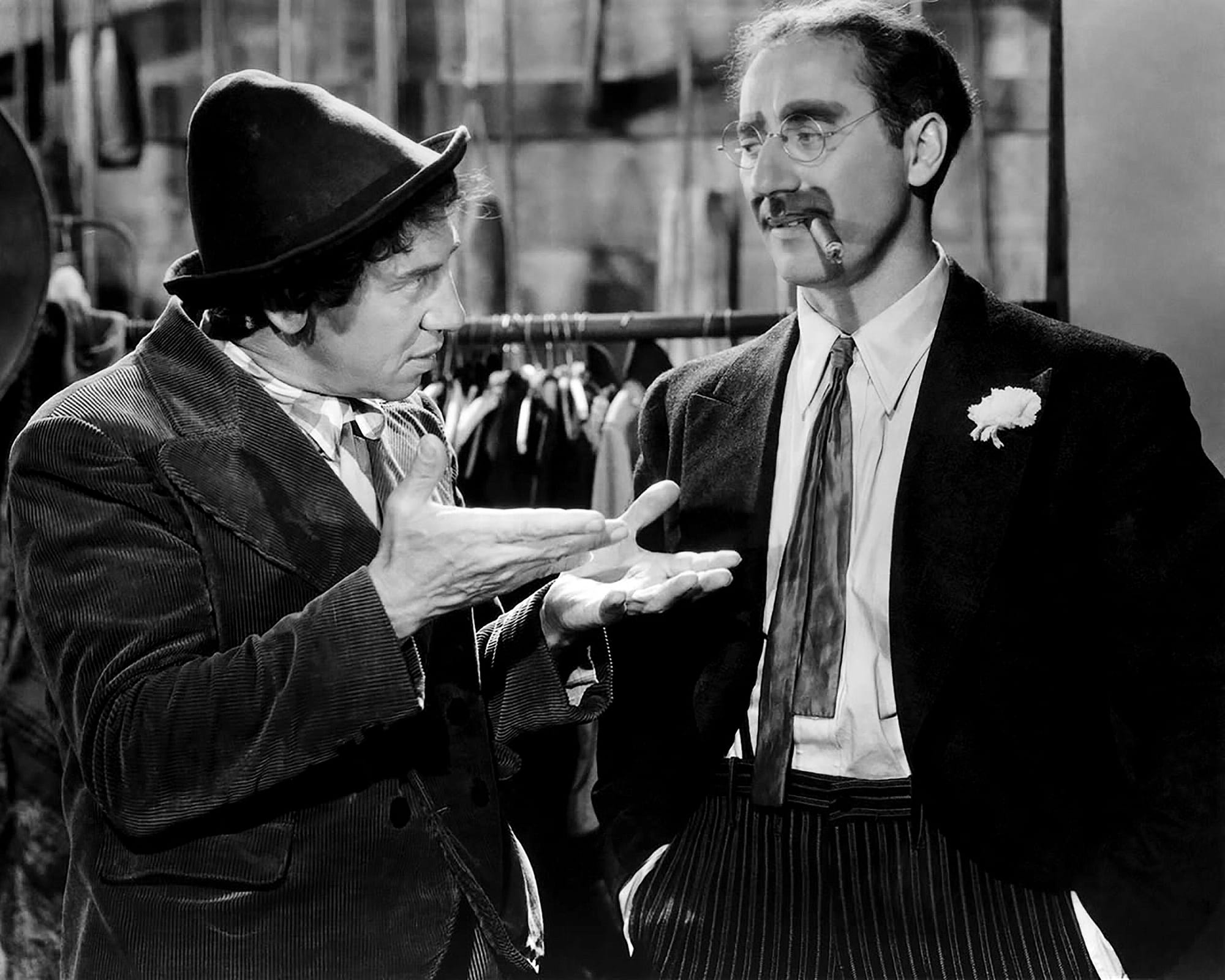The basic ideas behind contracts—what you should know.
A contract does not have to be a scary thing. A contract is just a legally enforceable agreement. You make them all the time. Generally, in the United States (where I am admitted to practice law—but remember, while I am a lawyer, I am not your lawyer, and nothing I write here is legal advice) you can have a contract for just about anything permitted by law (so if you make a deal with a cat burglar to steal something for you, you can’t sue the burglar to get your money back if they fail to complete the heist, since burglary is illegal).
To have an enforceable agreement, you have to have a “meeting of the minds,” as we say in the law. A mutual understanding. If the people making the agreement don’t intend the same thing, there is no contract. For example, if a seller thinks they are selling their catch of fish, and the buyer thinks they are buying tickets to see the band Phish, there is no meeting of the minds.
If there is a dispute later on, and one party to the contract wants to go to court to
enforce it, they have to prove (1) there was an agreement, (2) they did what they were supposed to do, (3) the other party to the contract didn’t perform their obligation, and (4) the first party was injured. And if this sounds like the Marx Brothers routine in A Night at the Opera, I understand.


